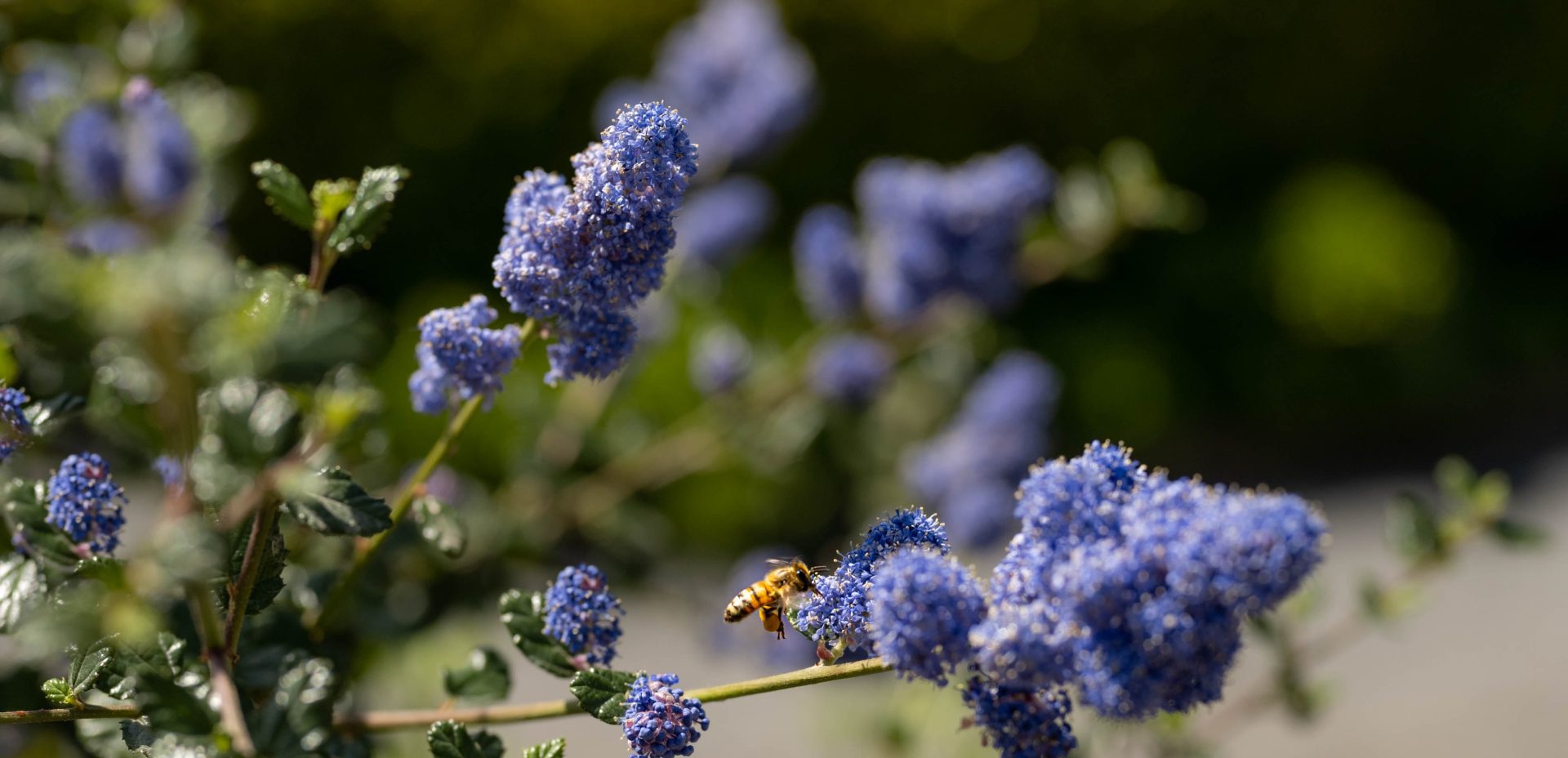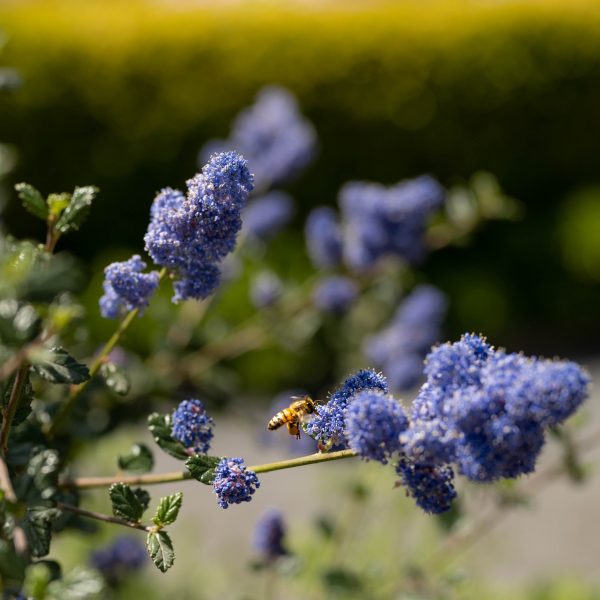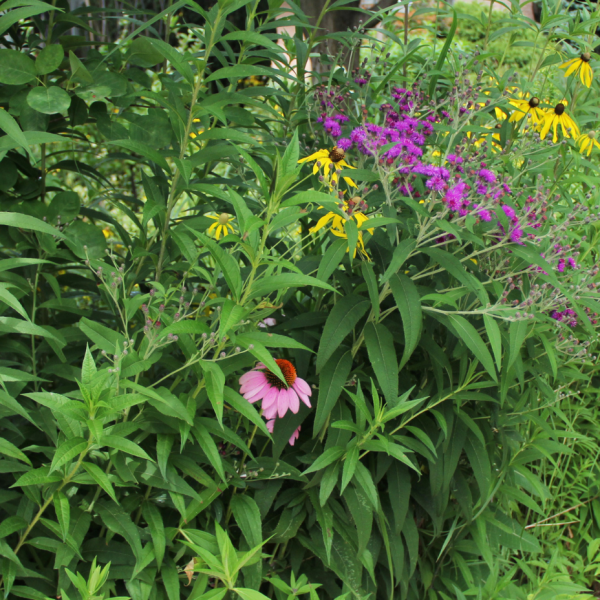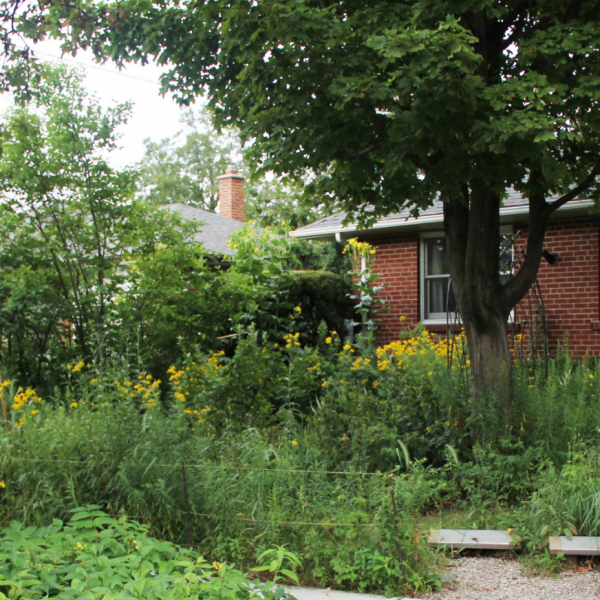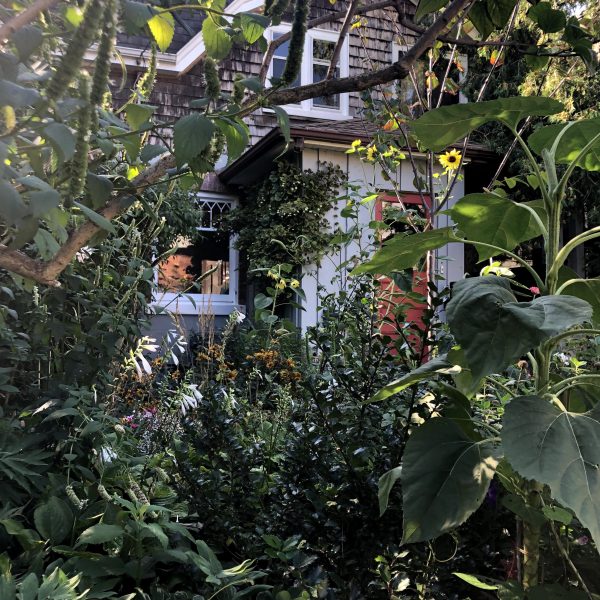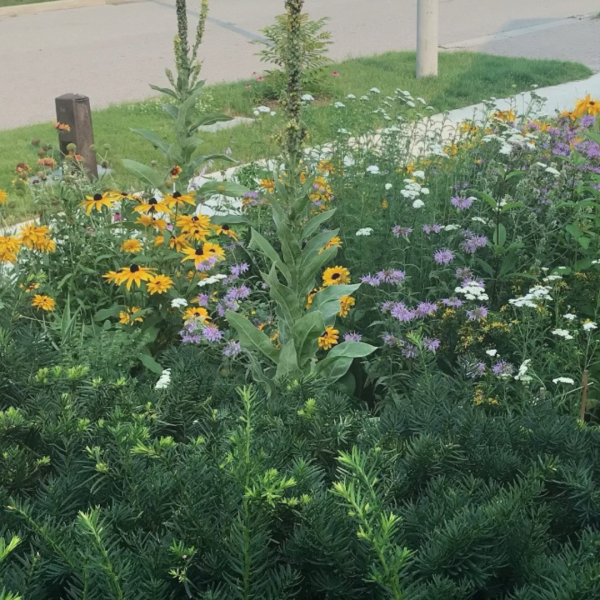BYLAWS FOR BIODIVERSITY:
How To Protect and Promote Biodiversity across Public and Private Lands
Across Canada and globally, there is growing momentum to mitigate the impacts of climate change and habitat loss on biodiversity. Entangled with the challenges of climate change, global heating and human vulnerability, the biodiversity crisis is now a pressing global issue threatening ecosystem resilience and critical life-support services. These challenges transcend the jurisdiction of any single government or agency, and people in cities are finding creative ways to respond individually and collectively. A notable increase in local action has been observed post-pandemic, centered on landscaping strategies that foster and support biodiversity. Such strategies include e.g. naturalized lawns, pollinator patches, habitat gardens, rain gardens, rewilded meadows and xeriscaping, collectively referred to as “naturalized gardens” or “habitat gardens.”
As people turn to their gardens at home to find hope and optimism for biodiversity, increasing numbers are engaging in practices of landscape care on their private property. Yet many municipal property maintenance bylaws and enforcement actions present barriers to the cultivation of naturalized lawns and habitat gardens. Actions taken against naturalized gardens often contradict municipal biodiversity goals and policies for public lands, and enforcement actions reflect outdated or nostalgic societal norms which favor the traditional manicured lawn and related aesthetics that are implicitly normalized by local regulations. Since the 1990s, disputes over the interpretation and application of landscape and property-maintenance related bylaws have increased, revealing a widening gap and ongoing conflict between municipal environmental objectives for public lands and regulation for private property. Better alignment of these objectives are urgently needed to support biodiversity and facilitate habitat creation and recovery on both public and private land. When property bylaws are misapplied or incorrectly enforced, opportunities to cultivate biodiversity support and habitat creation are diminished or removed, while municipalities are also exposed to legal liability through regulatory overreach by zoning bylaws that infringe on the rights of property owners to cultivate a naturalized garden. Since 1995 for example, Ontario courts have ruled in various cases that individuals’ rights to freedom of expression, as protected under section 2B of the Canadian Charter of Rights and Freedoms, extend to the expression of environmental values and relationships to nature through gardening practices.
Since 2021, the Bylaws for Biodiversity project has supported municipal-wide environmental stewardship across Canada, to better protect and promote biodiversity across public and private lands, through the revision of outdated, colonially-rooted weed and grass by-laws. This research continues to expand over component projects, and through the development of public resources designed to advise municipal planning staff on appropriate environmentally and legally aligned action and community members who are looking to make a meaningful difference for biodiversity – by cultivating support for nature, at home in the garden.
